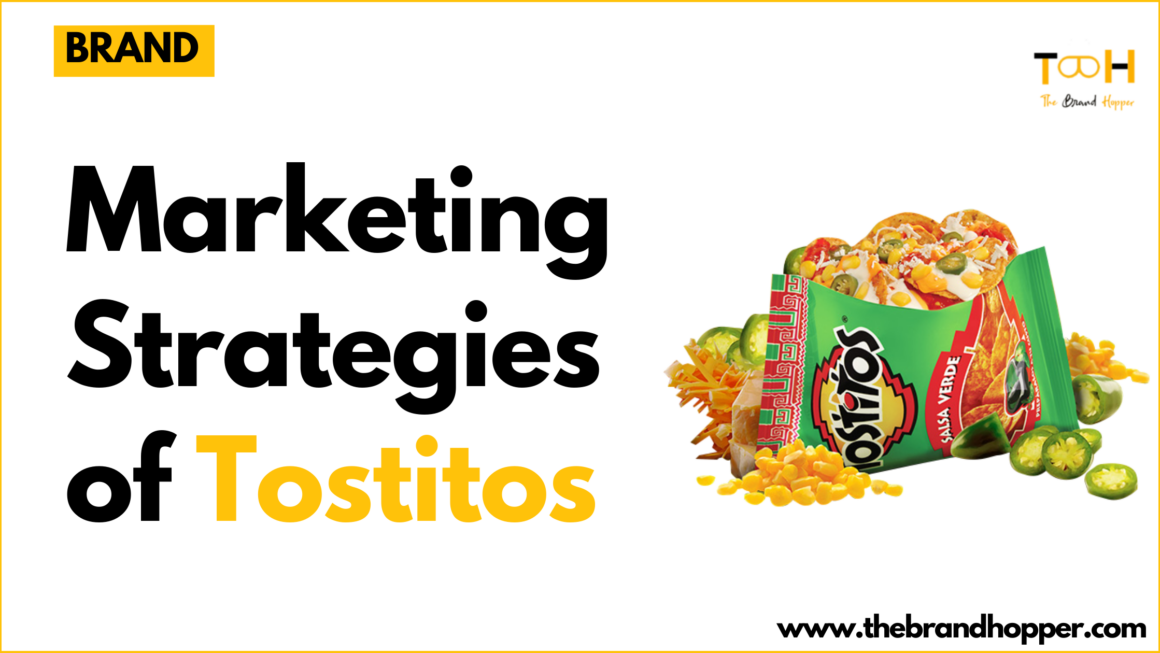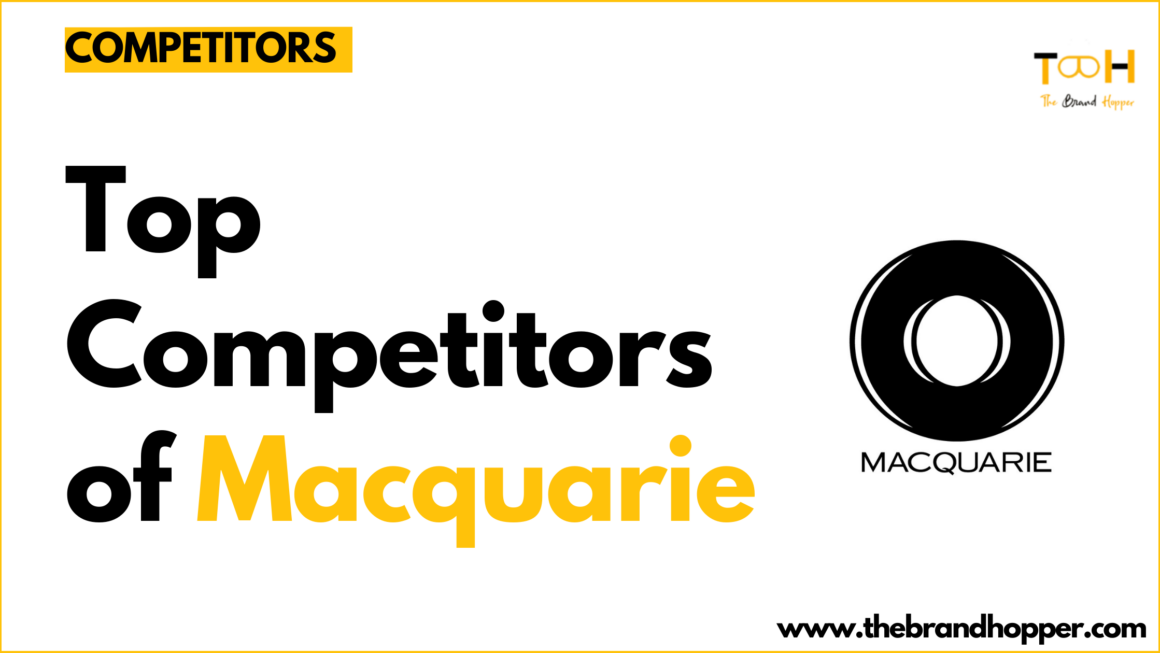The global biotechnology market is on fire, folks! With projections pointing to a mind-boggling $2.44 trillion by 2028, it’s no wonder that competition in this space is fiercer than ever. At the heart of this booming industry stands Vertex Pharmaceuticals, a true powerhouse in cystic fibrosis treatment. But in the fast-paced world of biotech, no one can rest on their laurels. So, who’s giving Vertex a run for their money? Who’s pushing the boundaries of what’s possible in pharmaceutical innovation?
Buckle up, because we’re about to take a wild ride through the thrilling landscape of biotech competition. In this comprehensive guide, we’ll pull back the curtain on the top 10 competitors that are keeping Vertex on its toes in 2024. From groundbreaking research to clever market strategies, we’ll explore it all. Ready to dive into the fascinating world of pharmaceutical movers and shakers? Let’s jump in!
The Biotech Landscape: Setting the Stage
Before we zoom in on Vertex’s competitors, let’s take a bird’s-eye view of the biotech battlefield. The industry is experiencing unprecedented growth, driven by advances in genomics, artificial intelligence, and personalized medicine. It’s a landscape where a single breakthrough can catapult a company from obscurity to industry leadership overnight.
Vertex Pharmaceuticals has carved out a formidable position in this competitive arena. They’ve made their name as the go-to company for cystic fibrosis treatment, with a portfolio of drugs that have dramatically improved the lives of patients worldwide. Their core competencies lie in small molecule drug discovery and development, with a focus on rare diseases and specialty markets.
But here’s the thing – in biotech, today’s leader can quickly become tomorrow’s laggard. That’s why understanding the competitive landscape isn’t just interesting – it’s crucial for anyone involved in the industry, from investors to researchers to patients eagerly awaiting the next breakthrough.
So, who are the companies nipping at Vertex’s heels? Let’s meet the contenders!
Top Competitors of Vertex Pharmaceuticals
1. Gilead Sciences
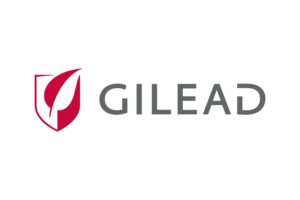
Website – https://www.gilead.com/
First up on our list is Gilead Sciences, a true titan in the world of infectious diseases. With a market cap that often exceeds $100 billion, Gilead is no small fry.
Gilead’s claim to fame? They’re the undisputed leaders in HIV and hepatitis C treatment. Their drug Biktarvy is currently the most prescribed HIV regimen in the U.S. But don’t think they’re content with dominating just one area – Gilead has been making significant inroads into oncology and inflammatory diseases too.
While Gilead doesn’t directly compete with Vertex in cystic fibrosis, they’re a major rival in the broader rare disease and specialty drug markets. Their recent acquisition of Forty Seven Inc. for $4.9 billion shows they’re serious about expanding their oncology portfolio.
What’s cooking in Gilead’s innovation kitchen? They’re making waves with their cell therapy programs, particularly in cancer treatment. Keep an eye on their collaboration with Arcus Biosciences – it could yield some game-changing cancer immunotherapies in the near future.
2. Regeneron Pharmaceuticals
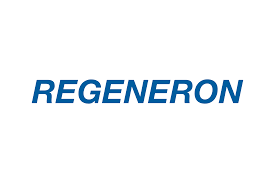
Website – https://www.regeneron.com/
Next up, we have Regeneron Pharmaceuticals – the wizards of monoclonal antibodies. These folks have turned the art of tweaking antibodies into a multi-billion dollar business.
Regeneron’s flagship product, Eylea, used for treating age-related macular degeneration, has been a consistent blockbuster. But it’s their newer drugs like Dupixent (for atopic dermatitis and asthma) that are really turning heads.
How does Regeneron intersect with Vertex? While they’re not direct competitors in cystic fibrosis, both companies are major players in the rare disease space. Regeneron’s robust pipeline, particularly in immuno-oncology and genetic diseases, puts them in a position to potentially challenge Vertex in future rare disease markets.
What’s exciting about Regeneron is their collaborative approach. Their ongoing partnership with Sanofi has already yielded several successful drugs, and their collaboration with Alnylam Pharmaceuticals (more on them later!) in RNA interference technology could lead to some truly innovative treatments.
3. Biogen

Website – https://www.biogen.com/
Biogen has long been a force to be reckoned with in the neurology space, but they’re increasingly making waves in rare diseases too – putting them squarely in Vertex’s rearview mirror.
Biogen’s multiple sclerosis drugs have been their bread and butter for years. But it’s their controversial Alzheimer’s drug, Aduhelm, that’s been making headlines lately. Despite mixed clinical results and skepticism from some in the medical community, Biogen is betting big on Aduhelm’s potential.
While Biogen and Vertex don’t currently go head-to-head on specific diseases, they’re both heavyweights in the rare disease arena. Biogen’s spinal muscular atrophy drug, Spinraza, showcases their ability to develop transformative treatments for rare conditions.
However, it hasn’t all been smooth sailing for Biogen. The Aduhelm controversy has put a dent in their reputation and stock price. But don’t count them out – their robust pipeline, particularly in neurodegenerative diseases, means they could bounce back stronger than ever.
4. Alexion Pharmaceuticals
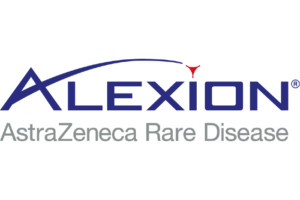
Website – https://alexion.com/
Alexion Pharmaceuticals is a company that Vertex knows all too well. These folks have made rare diseases their wheelhouse, and they’re darn good at it.
Alexion’s crown jewel is Soliris, used to treat several rare disorders. It’s been one of the most expensive drugs in the world, showcasing Alexion’s ability to develop treatments for ultra-rare conditions – a space where Vertex also plays.
What’s particularly interesting about Alexion is their recent acquisition by AstraZeneca for a whopping $39 billion. This mega-deal could supercharge Alexion’s rare disease research, potentially putting more pressure on Vertex in the coming years.
Alexion’s research approach often mirrors Vertex’s – both companies focus on understanding the underlying mechanisms of diseases to develop targeted treatments. With AstraZeneca’s deep pockets now backing them, Alexion could accelerate their already impressive pipeline.
5. Incyte Corporation

Website – https://incyte.com/
Incyte might not be a household name like some of the others on this list, but make no mistake – they’re a force to be reckoned with, especially in oncology.
Incyte’s star product is Jakafi, used to treat several types of blood cancers and graft-versus-host disease. While they’re not directly competing with Vertex at the moment, Incyte’s growing presence in rare diseases and immunology puts them on a potential collision course.
What’s got industry insiders buzzing about Incyte is their robust pipeline, particularly in cancer treatment. Their partnership with Novartis has already yielded promising results, and they have several late-stage clinical trials that could shake up the market.
One area to watch is Incyte’s foray into dermatology. Their recent approval for Opzelura, a topical treatment for atopic dermatitis, shows they’re not afraid to venture into new therapeutic areas – a trait they share with the ever-expanding Vertex.
6. BioMarin Pharmaceutical
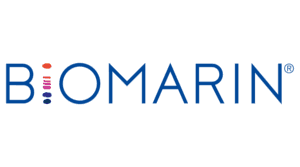
Website – https://www.biomarin.com/
When it comes to genetic disorders, few can hold a candle to BioMarin Pharmaceutical. These folks have made a name for themselves by tackling some of the rarest and most challenging genetic conditions out there.
BioMarin’s approach to drug development is remarkably similar to Vertex’s. Both companies focus on understanding the genetic basis of diseases and developing targeted therapies. This puts them in direct competition in the rare disease space.
What’s exciting about BioMarin is their work in gene therapy. Their recent FDA approval for Roctavian, a gene therapy for hemophilia A, marks a significant milestone. It’s the first gene therapy approved for this condition, showcasing BioMarin’s innovative prowess.
Keep an eye on BioMarin’s pipeline – they have several promising candidates in late-stage development. Their work in achondroplasia and phenylketonuria could yield game-changing treatments in the near future.
7. Alnylam Pharmaceuticals
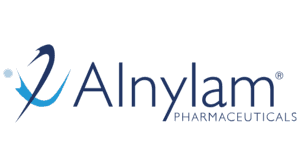
Website – https://www.alnylam.com/
Now, let’s talk about a company that’s really shaking things up – Alnylam Pharmaceuticals. These folks are the pioneers of RNA interference (RNAi) technology, and they’re using it to develop some truly innovative treatments.
Alnylam’s approach is unique – instead of targeting proteins like most drugs do, their treatments “silence” the genes responsible for producing harmful proteins. This novel approach has led to several groundbreaking drugs for rare diseases.
While Alnylam and Vertex don’t currently compete directly, the potential for overlap is significant. Both companies are at the forefront of genetic medicine, and as Alnylam expands its focus, they could find themselves vying for the same patient populations.
What’s particularly exciting about Alnylam is their collaborative spirit. They’ve partnered with several major players, including the aforementioned Regeneron. These partnerships could accelerate the development of RNAi therapies across a broad range of diseases.
8. Sarepta Therapeutics
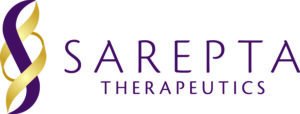
Website – https://www.sarepta.com/
Sarepta Therapeutics is another company that’s making waves in the world of genetic medicine. Their focus? Muscular dystrophy and other rare genetic disorders.
Sarepta’s approach to drug development is cutting-edge. They’re leaders in antisense oligonucleotide technology and are making significant strides in gene therapy. Their Duchenne muscular dystrophy treatments have been game-changers for patients.
While Sarepta and Vertex don’t currently go head-to-head, they’re both major players in the rare disease space. Sarepta’s success in bringing innovative genetic therapies to market puts them in a strong position to potentially challenge Vertex in other rare disease markets.
What’s got everyone talking about Sarepta is their gene therapy pipeline. They’ve had some recent FDA successes, and their ongoing clinical trials could yield transformative treatments for several devastating genetic disorders.
9. PTC Therapeutics
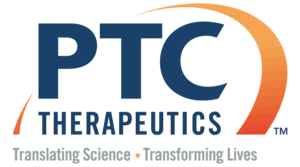
Website – https://www.ptcbio.com/
PTC Therapeutics is another company that’s carved out a niche in genetic disorders. They’ve made a name for themselves with their work in Duchenne muscular dystrophy and spinal muscular atrophy.
PTC’s approach to drug discovery is unique. They focus on targeting RNA, the messenger molecule that carries instructions from DNA to create proteins. This approach allows them to develop treatments for diseases that were previously considered untreatable.
While PTC and Vertex don’t currently compete directly, there’s significant overlap in their areas of research. Both companies are deeply invested in rare genetic disorders, and as PTC expands its pipeline, they could find themselves in direct competition with Vertex.
Keep an eye on PTC’s gene therapy programs. They’ve been making significant investments in this area, and their progress could shake up the rare disease market in the coming years.
10. Agios Pharmaceuticals
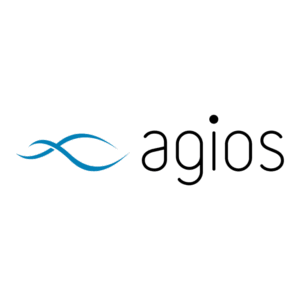
Website – https://www.agios.com/
Last but certainly not least, we have Agios Pharmaceuticals. These folks have taken a unique approach to drug development by focusing on cellular metabolism.
Agios has made a name for themselves in cancer treatment, particularly in leukemia. Their drug Tibsovo, used to treat acute myeloid leukemia with a specific genetic mutation, showcases their ability to develop targeted therapies.
While Agios and Vertex don’t currently compete directly, Agios’ growing interest in rare genetic diseases could put them on a collision course. Their research into pyruvate kinase deficiency and other metabolic disorders shows they’re not afraid to venture into Vertex’s territory.
What’s particularly interesting about Agios is their recent strategic shift. They’ve sold off their oncology portfolio to focus exclusively on genetic diseases. This laser focus could make them a formidable competitor in the rare disease space in the coming years.
Comparative Analysis: How Do They Stack Up?
Now that we’ve met our contenders, let’s take a step back and look at how they measure up against each other and Vertex.
When it comes to market share, Vertex still reigns supreme in the cystic fibrosis market. Their drugs Trikafta, Symdeko, and Orkambi have given them a near-monopoly in this space. However, in the broader rare disease market, companies like Alexion and BioMarin are giving them a run for their money.
R&D spending is another crucial metric in the biotech world. Vertex has consistently invested heavily in R&D, spending about 70% of its revenue on research in recent years. This is higher than most of its competitors, although companies like Regeneron and Incyte also boast impressive R&D budgets.
When it comes to stock performance, it’s been a mixed bag. Vertex has seen strong growth over the past few years, but so have competitors like Regeneron and BioMarin. On the other hand, companies like Biogen have faced challenges, largely due to controversies surrounding specific drugs.
Investor sentiment is generally positive towards Vertex, thanks to their dominant position in cystic fibrosis and strong pipeline. However, there’s growing excitement around companies like Alnylam and Sarepta, whose innovative approaches to genetic medicine could yield significant breakthroughs.
The Future of Competition: Emerging Threats and Opportunities
As we look to the future, it’s clear that the competitive landscape in biotech is constantly evolving. While we’ve focused on the top 10 competitors, there are numerous smaller biotech firms and startups that could disrupt the market.
One area to watch is CRISPR gene editing. Companies like Editas Medicine and CRISPR Therapeutics (not on our top 10 list) are making significant strides in this revolutionary technology. Their progress could challenge traditional drug development approaches used by Vertex and others.
Another potential disruptor is the increasing use of artificial intelligence in drug discovery. Companies like Recursion Pharmaceuticals and Exscientia are leveraging AI to accelerate drug development and potentially reduce costs.
So, how is Vertex positioning itself for these future challenges? They’re not sitting still, that’s for sure. Vertex has been expanding beyond cystic fibrosis, with promising programs in pain management, kidney diseases, and type 1 diabetes. They’ve also been investing in gene editing technology through partnerships with CRISPR Therapeutics.
Conclusion..
Whew! What a thrilling journey through the biotech battlefield, right? We’ve explored the top 10 competitors giving Vertex Pharmaceuticals a run for its money in 2024, and boy, is it an exciting time to be in this industry! From Gilead’s dominance in HIV treatments to Alnylam’s groundbreaking RNA interference technology, it’s clear that innovation is the name of the game. Vertex may be the king of cystic fibrosis treatment, but these fierce competitors are pushing boundaries in ways that could reshape the entire landscape.
As we’ve seen, each of these companies brings something unique to the table – whether it’s Regeneron’s antibody expertise or Sarepta’s gene therapy breakthroughs. It’s this diversity of approaches that keeps the industry moving forward, ultimately benefiting patients worldwide.
So, what’s next? Well, if you’re an investor, industry professional, or just a biotech enthusiast, keeping an eye on these players is crucial. The race for the next big breakthrough is on, and any one of these companies could be holding the winning ticket. Remember, in the world of biotech, today’s underdog could be tomorrow’s market leader.
Are you excited about the future of biotech? I know I am! Keep watching this space, because if there’s one thing we can be sure of, it’s that the only constant in this industry is change. Who knows? The next game-changing discovery could be just around the corner. Stay curious, stay informed, and let’s see what incredible innovations the future holds!
Also Read: Top Competitors of Sanofi: Comprehesive Analysis of Pharma
To read more content like this, subscribe to our newsletter



